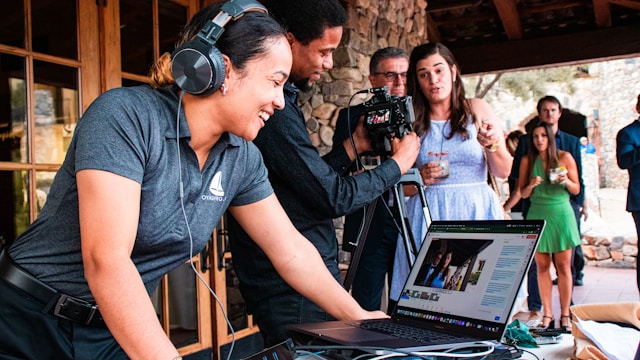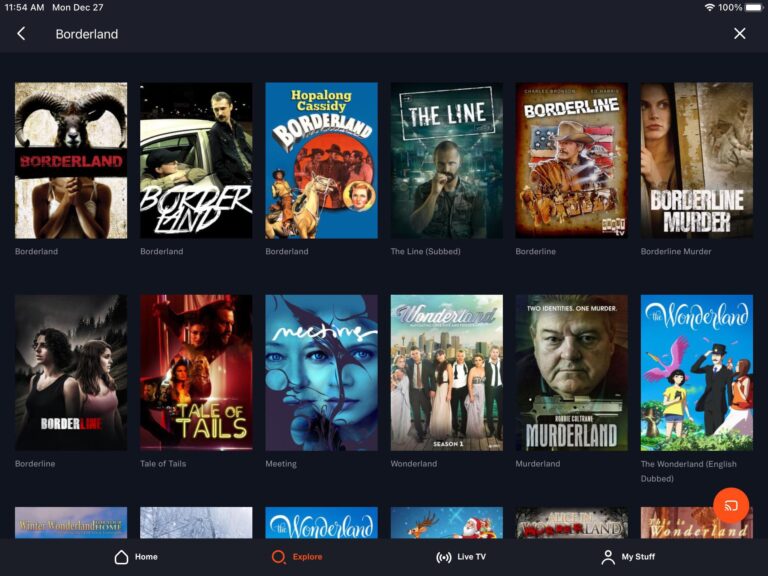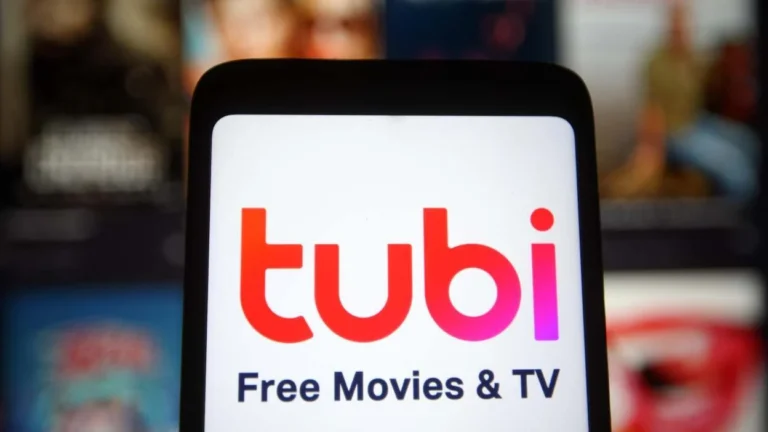The Illusion of Ownership: How Your Assets Own You
In the modern age, the concept of ownership has been deeply ingrained in our psyche. We are taught to believe that owning something is a mark of success, a symbol of status. But what if the reality is that our assets own us, rather than the other way around?
Consider this: every item we own requires maintenance, attention, and often, additional expenses. A car needs fuel, insurance, and regular servicing. A boat requires docking fees, maintenance, and insurance. Even smaller items, like tools or books, take up space and require some form of upkeep. In essence, every item we own demands a piece of our time, money, and attention.
The digital age has ushered in a new era of ‘shared ownership’ or, more accurately, the ability to monetize our assets without losing the privilege of using them. Platforms have emerged that allow individuals to loan out tools, boats, cars, and other items, turning them into income-generating assets.
The Power of Lending
I owned a boat years ago in Chicago, where summers are short, and the maintenance and storage drained me of time and money. I wish I would have posted that boat for rent on Facebook and other platforms for a few months to take people out for an hour or two a few times a week to recoup those funds. I could have had so much fun and possibly made a substantial amount of money as the captain. I could have easily broken even or ended up making a lot of money that summer. This would have ensured that more people used and enjoyed the boat while also helping to offset my costs. I’ve learned over time that the same principle should apply to cars, tools, or any other item that isn’t in constant use.
The rise of peer-to-peer lending platforms has made this easier than ever. These platforms connect owners with potential renters, ensuring security, payment, and often even insurance.
Beyond the Obvious: Books, Clothes, and Sneakers
The lending concept isn’t limited to big-ticket items. College textbooks, known for being exorbitantly priced and used for just a semester, can be rented out to other students. This not only helps in recouping some of the initial investment but also aids another student in saving money.
Clothes and sneakers, especially designer or limited-edition ones, can also be rented out. Fashion is ever-evolving, and what’s trendy today might not be in a few months. Instead of letting expensive outfits sit in a closet, they can be loaned out for special occasions.
The Amazon Rental Revolution: Testing the Market Before You Buy
This strategy allows for testing the market without a significant upfront cost. If an item doesn’t get booked, there’s no loss. But if it does, not only does the rental fee often cover the cost of the item, but it also generates profit.
Moreover, the video emphasizes the importance of diversifying the range of items offered. From yard games to extension cords, the potential for rentals is vast. Even assets like trailers or semis can be rented out during off-seasons, maximizing their utility and profitability.
The New Age of Renting: Apps That Turn Possessions into Profits
- Turo
- What it does: A car-sharing platform where individuals can rent out their vehicles to others. It’s an alternative to traditional car rental services and can be a way to offset the costs of car ownership.
- Rent the Runway
- What it does: Provides a platform for women to rent designer dresses, clothing, and accessories for special occasions or everyday wear, allowing users to enjoy high-end fashion without the commitment of purchase.
- Chegg
- What it does: Primarily known for textbook rentals, helping students save money on expensive college textbooks by renting them for a semester or two.
- Fat Llama
- What it does: Allows individuals to rent out almost anything, from cameras and drones to musical instruments, making it a versatile platform for asset sharing.
- Boatsetter
- What it does: Connects boat owners with individuals looking to rent boats for short periods, whether for fishing, cruising, or other water activities.
- PeerRenters
- What it does: An app where users can rent items they need or rent out items they own, ranging from tools and electronics to sports equipment.
- Style Lend
- What it does: Focuses on the rental of luxury fashion items, allowing users to wear high-end pieces for events without the high price tag of ownership.
- Getaround
- What it does: Another car-sharing platform where users can rent cars from people in their community, offering a local and often more affordable alternative to traditional car rentals.
- Spinlister
What it does: A global bike rental platform where individuals can list their bikes for rent, making it perfect for travelers or those looking to try out cycling without the upfront cost of buying a bike.
Each of these platforms embodies the spirit of the sharing economy, allowing individuals to monetize their assets and providing users with more flexible and often more affordable options than traditional rental or purchase routes.
Leverage Platforms
In a world where consumerism often dictates our choices, the idea of turning our assets into income-generating tools is both empowering and sustainable. It challenges the traditional notion of ownership and encourages a more communal, shared approach to resources.
By leveraging platforms and strategies like the Amazon rental trick, individuals can enjoy the benefits of their assets without being wholly consumed by them. After all, in the grand scheme of things, it’s not about what we own, but how we use what we own to enrich our lives and the lives of those around us.













